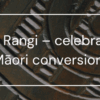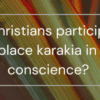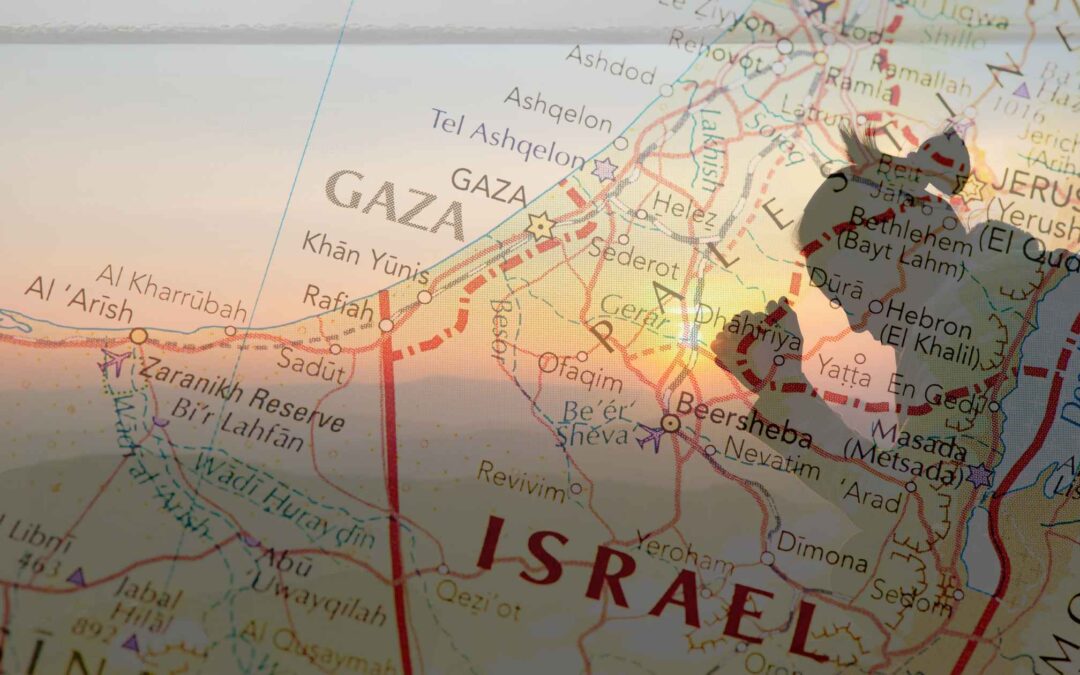
by Dr Stuart Lange | 10 May , 2024 | About Christianity, Articles, Christianity and Social & Moral Issues
It is not difficult to understand why, in response to last year’s terrorist atrocities and the seizure of 252 hostages, Israel decided to enter Gaza and target Hamas. However, no matter how much care might have been taken, the Israeli bombardments and assaults in Gaza’s many densely-inhabited urban areas have inevitably resulted in death or serious harm to many non-combatants. The situation in Gaza is very hard for many civilians, with relocations, widespread destruction of homes and livelihoods, large loss of life, many thousands injured, little food, water, medicine, fuel or electricity, nowhere to go, and much grief, fear and anguish. Likewise, the Israeli hostages and their families are also greatly suffering, along with all those who lost loved ones in the Hamas attack, or were injured or traumatised.
Despite the warnings to civilians ahead of assaults, the release of some hostages, some aid deliveries, and truces and talks about truces, war and suffering continue, and the majority of hostages have not been freed. The declared objectives of Hamas and Israel remain very different: Israel wants to destroy Hamas’ governing control over Gaza and to live in greater security, while Hamas wants to annihilate Israel itself.
In the face of such a sad and seemingly intractable situation, how might Christians from around the world pray?
Here’s a few suggestions:
- Pray for all those who suffer, for God’s comfort
- Pray for Gaza’s Arab Christian minority, who are doubly vulnerable
- Pray for the survival and release of all remaining hostages
- Pray that there might be a softening of heart among those who hold power on both sides, and that ways may be found to relieve current civilian suffering, and to allow for effective humanitarian assistance
- Pray for what may seem impossible: that leaders on both sides may decide to work towards a deep and enduring peace, with the aim of two peoples safely living alongside one another, with justice, goodwill, and respect
- Pray for the Jewish Christian minority, that they may be a strong influence for faith, forgiveness, reconciliation, and righteousness
- Pray for the Jewish people to find salvation and spiritual freedom in Jesus, and their true calling under God (Romans 11:25-29)
- Pray for God’s purposes to be fulfilled, and for his Kingdom to come
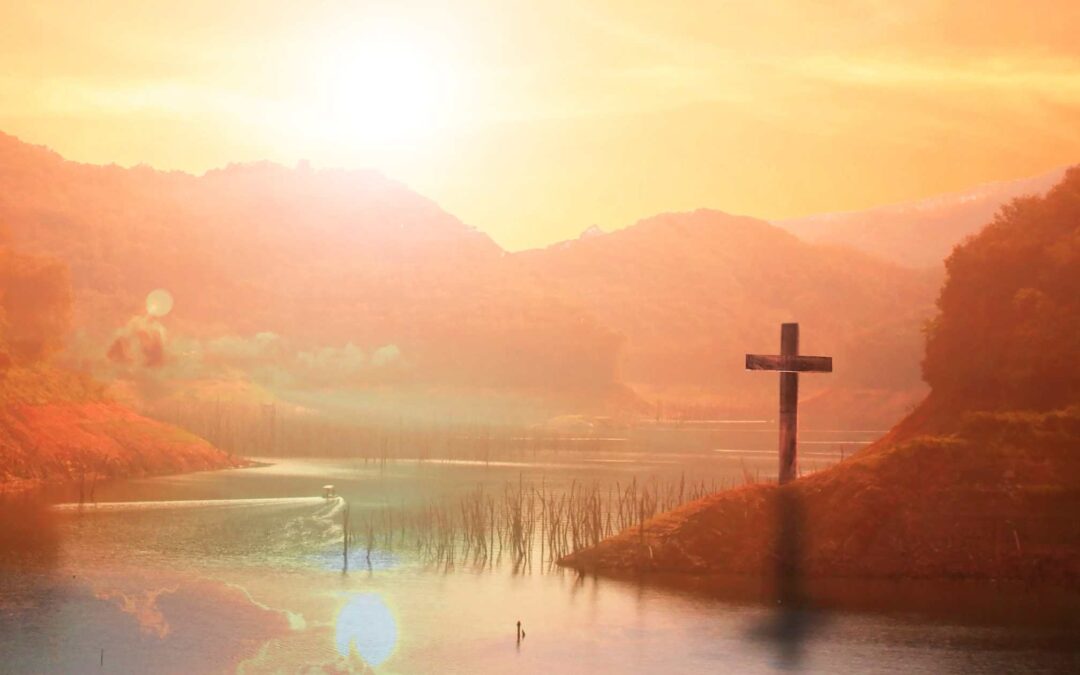
by Pastor Brent Douglas | 6 May , 2024 | About Christianity, Articles, The Church
Signs, wonders, and miracles
Recently this site posted an excellent article outlining some of the characteristics of a successful, growing church. I would like to add a further characteristic: Signs, Wonders and Miracles.
The ministry of Jesus was characterised by miracles whether they were healings, deliverances from demons, supernatural events such as feeding the 5,000, walking on water and so forth. We see the effect of operating in the supernatural in John 4 with the woman at the well. Jesus had a Word of Knowledge (one of the gifts of the Spirit as listed in 1 Corinthians 12) about her relationships with men which resulted in her calling everyone out from the city. And indeed out they came to see and hear from Jesus. A revival, no doubt.
This pattern was followed by the early church. Acts 3 unfolds the story of the cripple being healed and many witnessed this miracle. Then in Acts 5 the compelling statement is made: ‘At the hands of the apostles many signs and wonders were taking place among the people’. The church rapidly grew as preaching and miracles partnered together to bring rapid increase to the church.
Jesus’s own injunction to his followers was: ‘These signs will accompany those who have believed: in my name they will cast out demons, they will speak with new tongues; they will pick up serpents, and if they drink any deadly poison, it will not hurt them; they will lay hands on the sick, and they will recover’ (Mark 16:17-18).
To be like Jesus and to be like the early church is to be moving in supernatural power to demonstrate the miraculous power of God.
The Apostle Paul said it clearly: ‘For I will not presume to speak of anything except what Christ has accomplished through me, resulting in the obedience of the Gentiles by word and deed, in the power of signs and wonders, in the power of the Spirit; so that from Jerusalem and round about as far as Illyricum I have fully preached the gospel of Christ’. (Rom. 15:18-19)
And elsewhere he persuasively outlined his pattern of doing ministry: ‘and my message and my preaching were not in persuasive words of wisdom, but in demonstration of the Spirit and of power, so that your faith would not rest on the wisdom of men, but on the power of God’ (1 Cor. 2:4-5).
Brent Douglas
Senior Pastor
Encounter Churches of New Zealand

by Dr Malcolm Falloon | 26 Apr , 2024 | Articles, Christianity in New Zealand
Among the many things to commemorate this ANZAC day, we remember the cost of war and the sacrifice of those who served. We remember those who went to war and those who didn’t return, their willingness to serve, and the importance of standing up to evil and tyranny in our world. We remember the legacy of peace and freedom left to us by those who fought, and in remembering, we give thanks.
Our remembering should not preclude our acknowledging the horror of war and its destructive consequences. Nor do we forget that the causes of war lie not with any one nation, ethnicity or ideology, but are lodged deep in the intractable nature of the human condition, which the Bible calls sin. Yet we remember and honour those who despite these horrors saw it as their duty to take up arms and defend our country, trusting in the righteousness of their cause. We remember, and we give thanks.
But to whom are we to give thanks? The Christian answer, of course, is that we give thanks to God. Yet, here our modern secular culture faces an increasing difficulty. As God is removed to the periphery of our national life, our thanksgiving is left hanging in the air without a proper referent. To whom does a secular society give thanks? Are we to offer thanks to those who are now dead? Are we to congratulate ourselves that we have avoided the mistakes of the past (plot spoiler: we haven’t!)? Are we to turn a healthy expression of patriotism into an insular nationalistic jingoism? Yet every society needs to remember its past, and our human instinct is to give thanks.
It might be that our inability to give thanks is the God-shaped hole at the heart of our modern secular culture. For it is thanksgiving that directs our eyes to God’s providential care of our nation. It is thanksgiving that allows us to recognise our human need for God’s mercy and forgiveness.
Thanksgiving to God holds together, on the one hand, the honouring of those who served, with an acknowledgment, on the other, of the human frailties and sinfulness of the past. We thank God that it was through his gracious providence that we now live in peace and freedom, while acknowledging the great debt we owe to those who served and died for our country. Our peace and freedom has been won at a great cost, just as we thank God that through Christ’s costly sacrifice we can, by his grace, finally overcome the sinful consequences of our human condition.
May we continue to remember the sacrifice of those who served, but let us not forget to give thanks to God.
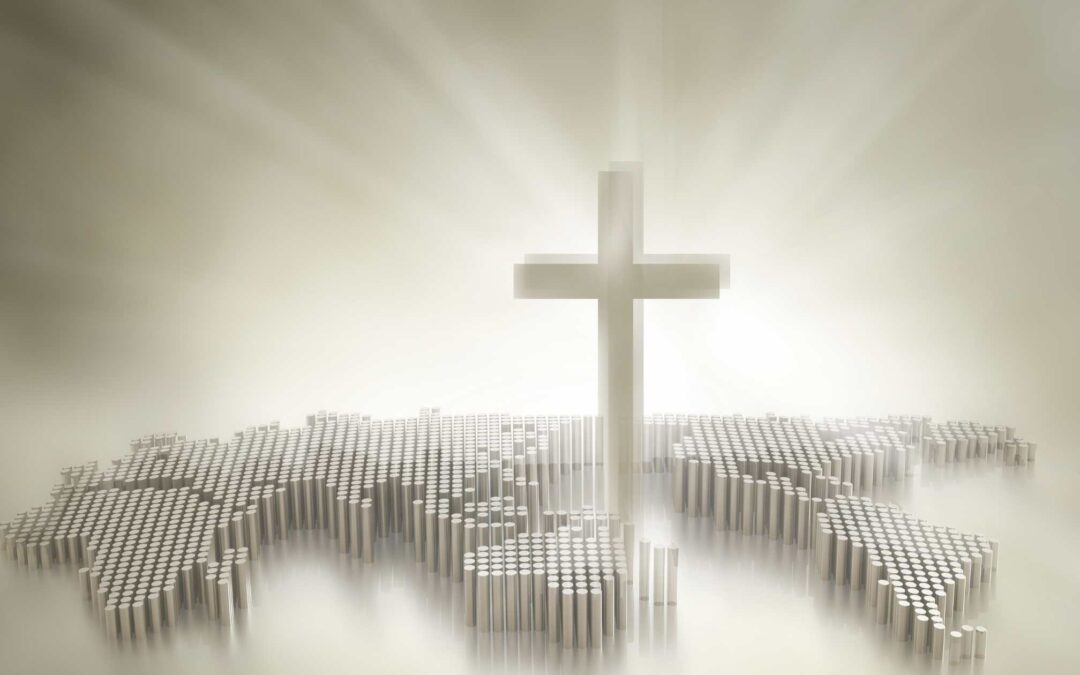
by Dr Stuart Lange | 12 Apr , 2024 | About Christianity, Articles, Christianity in New Zealand, The Church
In our contemporary culture, which often sees truth as flexible and individual choice as paramount, it can be unfashionable among some Christians to place a high value on biblical orthodoxy, or what the New Testament calls ‘sound doctrine’ (2 Tim. 4:3). Freedom to select and adapt is preferred.
All human beings – including Christians – think subjectively. Unsurprisingly, all Christians understand, weigh, and express the great truths of our faith a bit differently. Also, more than we may realise, we are all very influenced by our cultural settings.
Across the world, across denominations, and across the centuries, there has inevitably developed a wide variety of Christian beliefs, understandings, customs and practices.
Nevertheless, there is a continuous common core of Christian orthodoxy, anchored in the New Testament, and expressed in countless creeds and statements of faith.
Churches have often expressed or emphasised doctrines differently, or sometimes added some, but the common core of orthodox Christian faith continues to be things like:
- there is one true, living and triune God, Creator of all
- human beings are created in the image of God, created to know God, fallen and sinful, and alienated from God (Ephes. 2:1-3, Rom. 3)
- in his great love God sent his Son, who lived among us, died for our sin, rose from the dead, is alive forever, and who will come again to judge the living and the dead and to make all things new
- we are reconciled to God through faith in Jesus
- we should love God and others, and live under the Lordship of Christ
- the Bible, penned by human authors, is uniquely inspired by God’s Holy Spirit, is trustworthy and true, and is God’s written word to us
Do such solid doctrinal foundations for our faith still matter? See e.g. Col. 1:23, 1 Cor.15:1-4, Ephes. 4:14, Titus 1:9, 2 Tim. 3:16. Surely we are on very shaky grounds when we de-select some aspects of apostolic faith, or set aside the Bible where it does not suit us, or reinterpret it to say the opposite to what it clearly means.
In these matters it is good to be faithful, clear-minded, humble, and gracious. Strong doctrinal foundations really do matter, along with being spiritually born anew and alive in Christ, being indwelt and empowered by the Holy Spirit, loving God with all our heart, and truly loving and serving others.
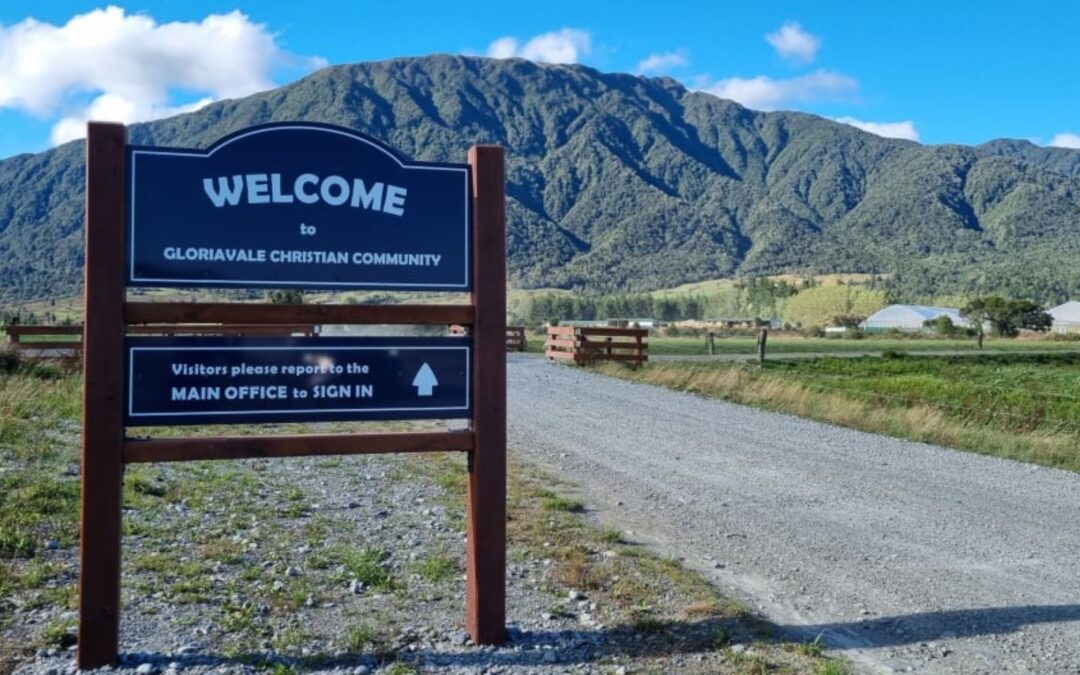
by Dr Stuart Lange | 29 Mar , 2024 | About Christianity, Articles
The current TV series Escaping Utopia is somewhat sensationalist and has its own biases, but it has usefully highlighted some serious issues in the Gloriavale Christian Community.
Many secular New Zealanders may wonder if Gloriavale is what all Christians are like.
Historically, there have countless examples around the world of separatist Christian communities, where a group of believers are moved by a vision of holy communal life and opt out of normal society. Monasticism was such a movement: it has had its problems, but along the way has also done much good.
Withdrawal from society always carries risks. Separatist groups can develop tunnel-vision, and can sometimes become cultish, coercive, and corrupted.
The biblical beliefs and sincere Christian faith and life of many people within Gloriavale are beyond doubt. Despite that, sadly, it does appear that the Community has in some respects gone wrong.
If Escaping Utopia has depicted matters at all fairly, some red flags about Gloriavale would include leadership that is highly controlling, cases of sexual abuse, limited freedom, reports of intimidation, subjugation of women, the way in which loyalty to the community can be prioritised over the marriage bond, and insistence that those who leave will be damned to hell (this implies that there is no salvation outside of Gloriavale). It needs to be understood that none of these things are normative Christianity, or biblically warranted.
‘…where the Spirit of the Lord is, there is freedom’ (2 Cor. 3:17)
‘For God did not give us a spirit of fear, but of power, love and self-control’ (2 Tim. 1:7)
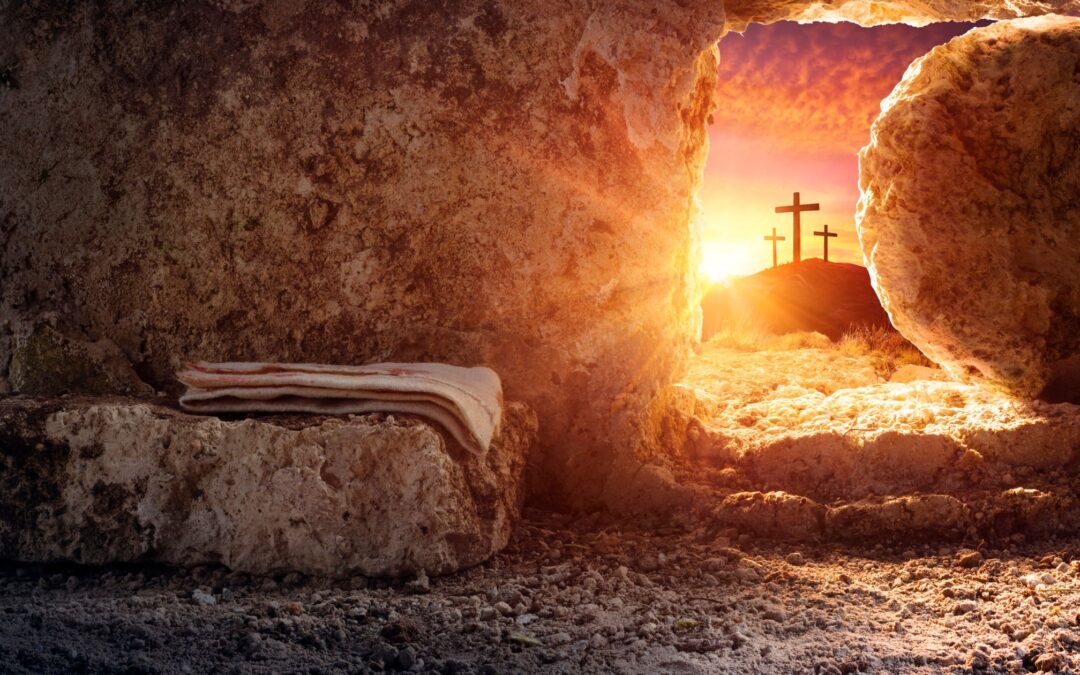
by Dr Malcolm Falloon | 28 Mar , 2024 | About Christianity, Articles, Christianity in New Zealand, The Church
- Because the resurrection still gives the best account of the human condition.
- Because the evidence for the resurrection is still compelling.
- Because the resurrection still has power to transform lives.
On the first of those points, the resurrection challenges our notions of the world and our place in it. It enables Christians to be both realistic and hopeful about the world in which we live: realistic about the human condition without the grace of God, yet hopeful about the future by the power of God.
There are two conflicting narratives propagated in the world today. Firstly, a story of progress and the power of science and technology to lead us from the darkness of the past into a future full of light. Things, we are told, are getting better and better, and any hurdles we face can be overcome by the power of human ingenuity. Yet it is a narrative that struggles to account for the darkness of the human condition and is powerless to address the problem of the human heart, a problem the Bible calls sin.
There is also a second narrative – one in tension with the first – that speaks of crisis and impending doom. Humanity, we are told, faces an existential crisis, whether due to the impact of environmental, economic, geopolitical, or biological causes – take your pick. It is a narrative that causes us to despair for the world our grandchildren will inherit and gives a sense of hopelessness. Yet it is a narrative that does not factor in the power of God, who remains faithful to his promises and continues to sustain his creation, even while holding us accountable for our stewardship of what has been entrusted to our care.
The resurrection of Jesus, however, is both realistic about the human condition, and hopefully about the human future. Through the resurrection of Christ, God has conquered the power of sin and death and as a consequence, Christians are aware of the need for God’s grace to transform our lives if we are to make true progress. At the same time, Christians will remain optimistic about the future, not because we are in denial with regard to the state of the world, but because of God’s power to bring about his purposes through the one he has raised from death and upon whom he has bestowed a name that is above every name (Philippians 2:9).







